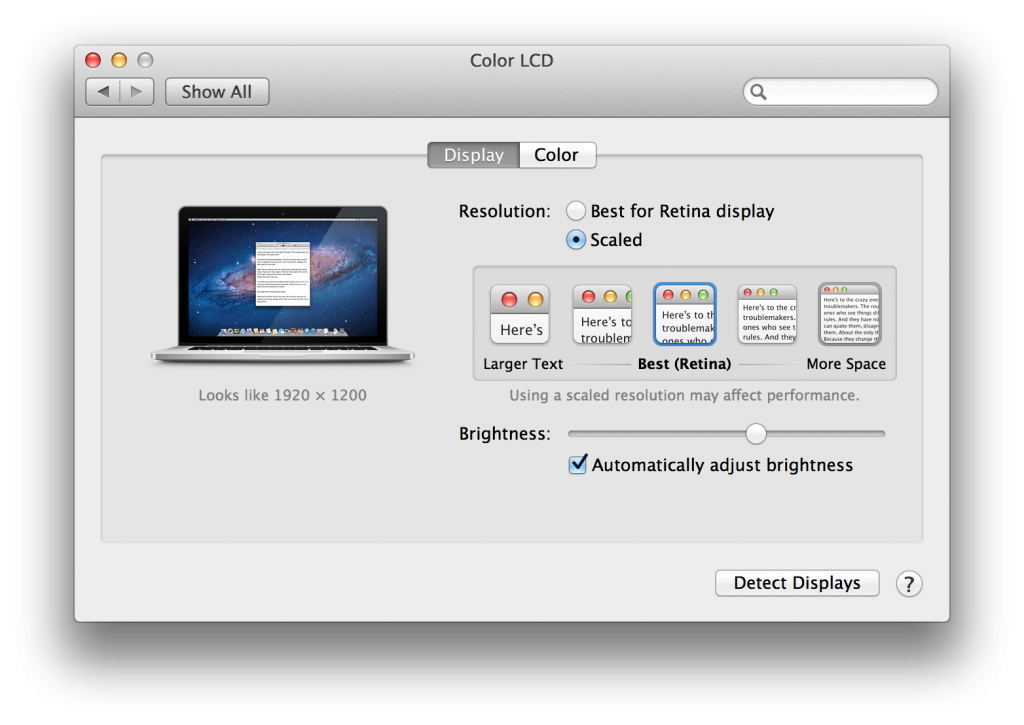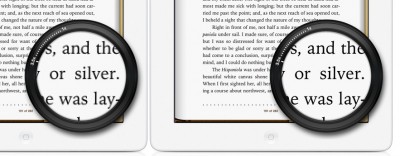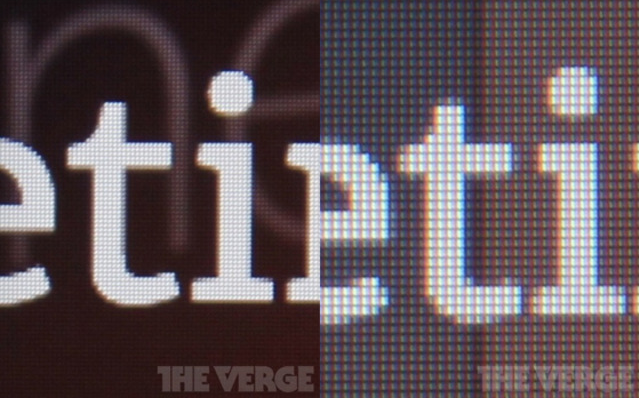
This is something I was thinking about the other day. Even though computers are becoming more and more complex everyday, they appear to be simpler to the regular, non tech-savvy user.
Before 1984, these kind of users did not even exist. You had to know at least a few arcane commands in order to use the all-text interfaces of those days. Now almost anyone can set up a network and start a video conference. Things that while possible, were really difficult to do some years ago.
The main player when it comes to making things simpler is, of course, Apple. I can think of many examples over the years, but let’s stay recent: iPad. iPad owners don’t need to be aware of some very basic computing concepts. Concepts that we thought were essential to anyone using a computer only a few years ago. Files and folders and filesystems exist under the hood of the iPad, you just don’t need to know about them! Apps are running and they are being terminated, but the user doesn’t ever needs to explicitly quit or close anything (If you see a stylus or a task manager, ‘they blew it’). Most iPad owners don’t know – and don’t need to know – what kind or how fast the processor is nor how much RAM it has… these things did not influece their purchasing choice.
The next concept that Apple is trying to kill is our old friend the pixel. Sure, displays will keep using pixels in order to render images, just like there are still files under the iOS hood, or behind the iTunes or iPhoto library… but the user won’t need to know.
This is what the iPhone 4’s Retina display is about: Make the pixels so small that you cannot even see them. If you can’t see them, why would you care about how many of them there are on your screen? There are already rumors circulating about future iPads having a Retina display one day. Newer reports say that Mac OS X 10.7 Lion is building in support for Retina-level displays for the Mac. Once all these screens have pixels so small that you can’t see them, users won’t need to care anymore about them: The death of the pixel. The rest of the industry will follow, as usual.
Farewell, pixel. It was nice knowing you.




